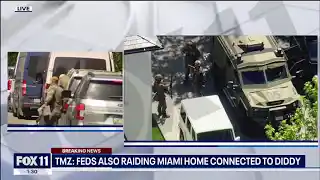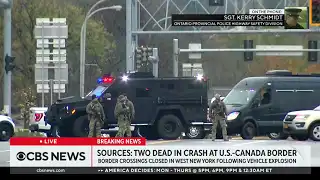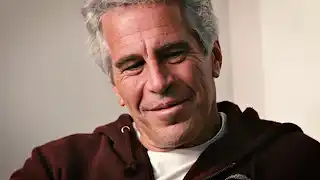The FBI warned at least three American Sikh activists in the immediate aftermath of the murder of Hardeep Singh Nijjar, a Canadian Sikh activist, in June 2023. The Canadian government has blamed India for the murder, an allegation that has been backed by Canadian and US intelligence sources.
This shocking accusation has prompted a re-examination of threats against Sikh separatists around the world, as well as Sikh activists’ claims of suspicious deaths in the UK and Pakistan in the weeks before the murder.
Pritpal Singh, a US citizen who serves as a coordinator for the American Sikh Caucus Committee, confirmed to the Guardian that he and two other associates were called by the FBI just days after Nijjar’s murder. The FBI initially told Singh that it believed his life was under threat because of unspecified intelligence, but later offered more specific safety instructions.
Singh said that the intimidation of Americans by the Indian government is a form of transnational repression that threatens individuals, undermines democratic institutions, and challenges the national security and sovereignty of the United States.
Amarjit Singh, a New York-based Sikh journalist and commentator, was also warned by the FBI of a possible threat against his life. He told the Guardian that he was contacted by the FBI as he was returning from a protest against Modi in Washington, during a state visit in which US president Joe Biden hailed the US-India relationship as “stronger, closer, and more dynamic than at any time in history.
Singh said that the FBI warned him not to travel and to keep himself safe. He only decided to go public with his account after Trudeau revealed Canada’s conclusion about Nijjar’s murder.
New details have also emerged about the killing of Nijjar. Citing a security video that captured the murder, the Washington Post reported that at least six men and two vehicles were involved in the assassination plot. The assailants fired about 50 bullets, and 34 hit Nijjar.
Nijjar was a leader in the Khalistan movement in Canada, which has called for the creation of an independent Sikh state in the Punjab region of India. The movement has been outlawed in India in the wake of allegations that supporters of the separatist movement are terrorists.
Media attention has focused largely on Trudeau’s accusation that India was behind the murder. But Canadian authorities are also facing questions about why more was not done to protect Nijjar.
Moninder Singh, a spokesperson for the British Columbia Gurdwaras Council, was one of five people – including Nijjar – who was warned by Canadian authorities in 2023 that their lives were at imminent risk.
Singh said that they were never told what the risk was or where it was coming from, but assumed it was India, because of their activism and outspokenness. He said that they expected India to attack them in the media or character assassinate them, so the murder of Nijjar was shocking.
While Singh was told to leave his home to protect his young family, none of them were offered special protection. Weeks later, Singh was told that the threat against him had dissipated, but the threat against Nijjar remained.
Singh said that there was no other information shared with them. While he appreciates Trudeau’s statement, he believes it is a bit late.
Analysis:
The FBI’s warnings to American Sikh activists and the Canadian government’s accusation that India was behind the murder of Nijjar raise serious concerns about the safety of Sikh separatists around the world.
The Indian government has denied any involvement in the murder, but the evidence suggests otherwise. The fact that the FBI warned American Sikh activists of threats from India suggests that the US government is also concerned about India’s involvement in the murder.
The Canadian government’s decision to go public with its accusation against India is a significant development. It could lead to a deterioration in relations between Canada and India, and it could also prompt other countries to take a closer look at India’s human rights record.
The murder of Nijjar and the threats against American Sikh activists are a reminder that Sikh separatists are still at risk, even in countries like Canada and the United States. It is important to continue to speak out against human rights abuses in India and to support Sikh separatists in their fight for self-determination.






















Discussion about this post